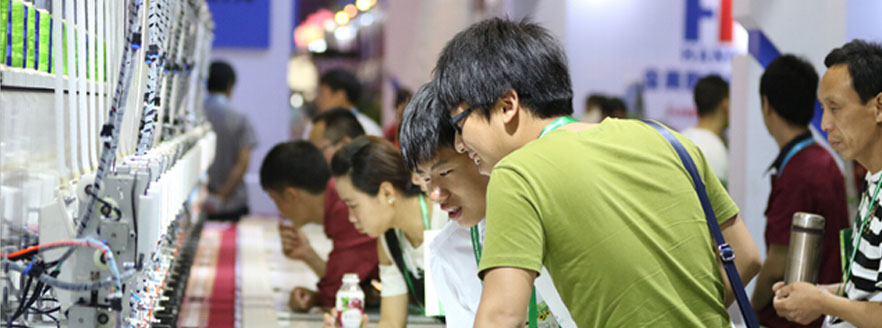
News Center
Home > News Center
Foreign trade set to improve in second half
The renminbi's exchange rate will maintain equilibrium thanks to China's stable economic fundamentals, the central bank said on Monday.
The onshore exchange rate of the renminbi fell beyond 7 per dollar — the first time since May 2008 — when market trading opened on Monday.
The People's Bank of China, the central bank, released a statement on its website saying the weakening of the currency is due to such factors as unilateralist and protectionist measures of the United States as well as Washington's threat to impose additional tariffs on Chinese goods.
In a statement released on Monday evening, Yi Gang, PBOC governor, said he "is confident in the renminbi continuing to be a strong currency".
Yi said that China will adhere to the principle of letting the market decide the yuan's exchange rate. "China … will not make a competitive devaluation of the yuan, nor will it use exchange rates as means for competition or coping with trade disputes," he said.
The onshore rate, which trades 2 percent on either side of a daily central parity level, fell past 7 yuan per dollar on Monday for the first time since the global financial crisis. It weakened by 1.3 percent to 7.0297 per dollar at the market's opening, and by Monday's close, it was at 7.0352, a drop of 1.33 percent.
Despite that, the yuan has remained basically stable and strong against a basket of currencies, the PBOC said.
Since the start of the year, the RMB has strengthened against a basket of major currencies. The China Foreign Exchange Trade System RMB Index has appreciated by 0.3 percent, according to the PBOC. This index compares the Chinese currency to the value of 24 currencies, including the US dollar, euro and Japanese yen.
In the past 20 years, the renminbi has appreciated by about 20 percent against the dollar and become one of the world's strongest currencies, according to the Bank for International Settlements.
Exchange rate fluctuations are "normal", according to the PBOC. Over longer periods, the renminbi's exchange rate will depend mainly on economic fundamentals, officials said. In the short run, market demand and supply and the US dollar's value will have great impacts on the currency.
"We should not pay much attention to whether the renminbi's exchange rate is higher or lower than 7 yuan per dollar," said Wen Bin, chief researcher at China Minsheng Bank. He also said fluctuations in the renminbi exchange rate have been greatly influenced by market sentiment toward the US Federal Reserve's quarter-percentage-point interest rate cut.
"After the US Fed's rate cut last week, the international financial market experienced significant fluctuations," he said.
Along with the market-oriented reform of the renminbi exchange rate regime, the flexibility of the exchange rate will be improved, resulting in a "two-way" float — both appreciation and depreciation are likely, around a reasonably stable equilibrium level, Wen said.
"Today's move also underscores that global markets and policymakers will have to get used to a more market-driven RMB and the greater variability that comes along with that," said Louis Kuijs, head of Asia economics at Oxford Economics.
Zhang Ming, an economist at the Institute of World Economics and Politics of the Chinese Academy of Social Sciences, said the renminbi will not see a dramatic drop because the country's economic foundations are stable and sound.
After the US Federal Reserve announced the interest rate cut on Wednesday, the dollar index rose but then dropped.
The rate cut and a weaker US dollar will curb further weakening of the renminbi, which will remain stable, said Zhang.
 中文
中文 English
English








